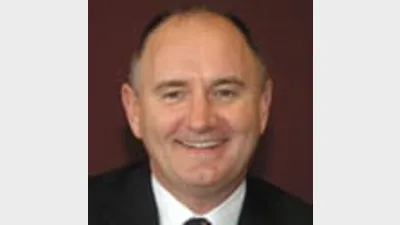Warnings on opt-in orphans



The Future of Financial Advice opt-in arrangements carry with them the risk that platforms will find themselves carrying increasing numbers of 'orphan' clients.
That was one of the key findings of a Money Management roundtable conducted in Sydney this week which specifically examined the current state of the platforms industry.
Roundtable participant and managing director of dealer group services company, Paragem, Ian Knox said a key question that remained to be answered was what happened when a client failed to opt in and what happened with the respect to the liability for advice provided to that client past that point.
"No-one is sure what happens. No-one knows about the continuing coverage of professional indemnity. But someone holds an orphan client and, somewhat ironically, that will benefit institutions," he said.
Asgard Platforms head of product Kelly Power said that if a client decided to opt out, dial-up advice fees disappeared "so we don't profit from that client opting out".
She said that as well there was a fundamental difference in the cost of advising an advice client and a non-advised client.
"But we are fundamentally focused on having those clients aligned with an adviser," she said. "First via the original adviser, and then via the dealer group."
Power said the last step in a process would be seeking to help a client self-service.
OneVue chief executive Connie McKeage said the game had changed and the adviser no longer advised the client, the client now owned the adviser.
Recommended for you
The Reserve Bank of Australia (RBA) has lowered rates to a level not seen since mid-2023.
Financial Services Minister Stephen Jones has shared further details on the second tranche of the Delivering Better Financial Outcomes reforms including modernising best interests duty and reforming Statements of Advice.
The Federal Court has found a company director guilty of operating unregistered managed investment schemes and carrying on a financial services business without holding an AFSL.
The Governance Institute has said ASIC’s governance arrangements are no longer “fit for purpose” in a time when financial markets are quickly innovating and cyber crime becomes a threat.










